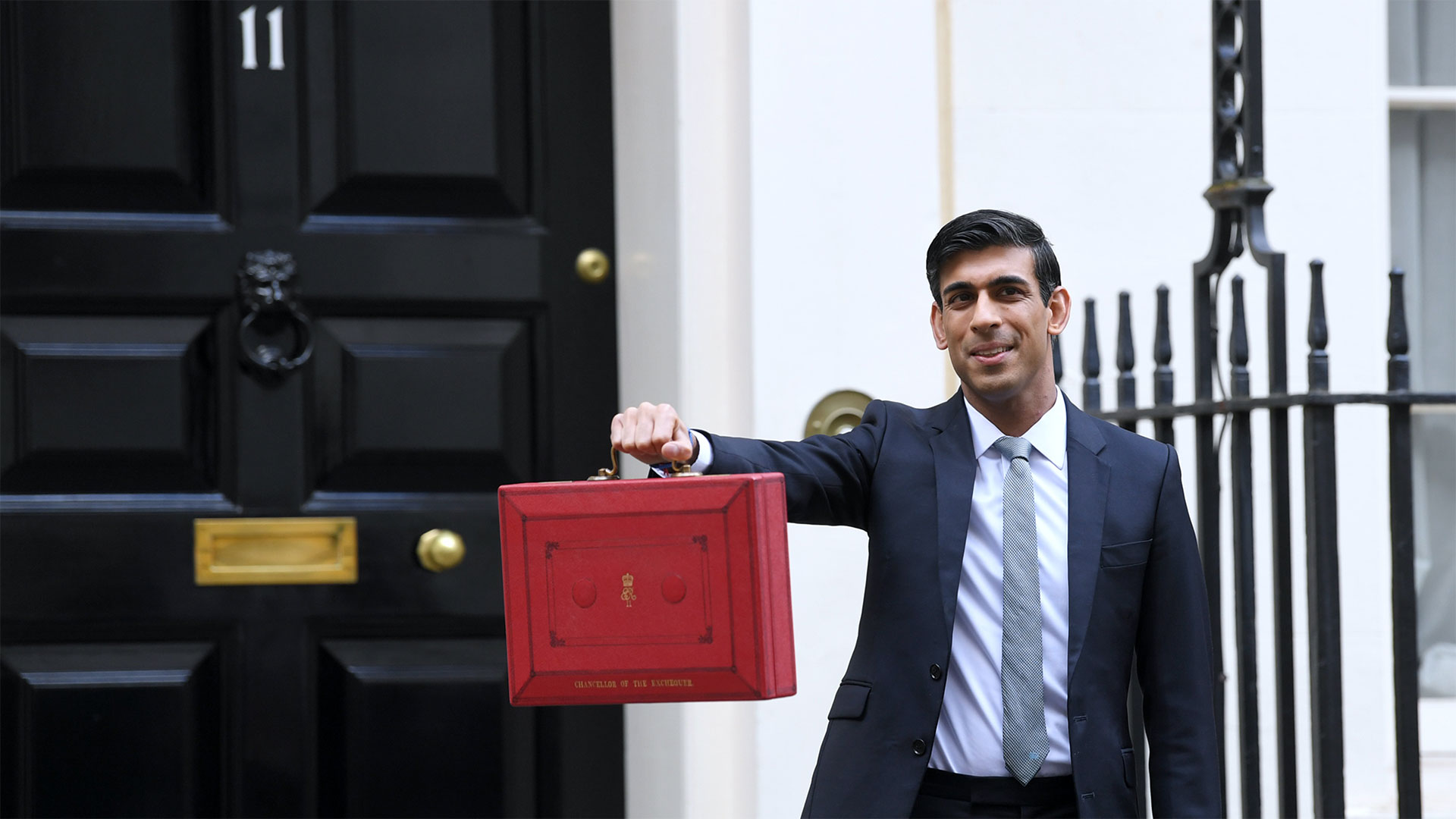Running for six months, the Job Support Scheme will cover two groups of workers: employees who work at least a third of their hours, and those whose companies are forced to close under local lockdown restrictions.
Employers will pay their staff in full for the first third of their usual hours and the remaining cost for time which they can’t work will be split three ways: a third paid by the Government, capped at £697.92 per month, another third by the employer, and the final third is unpaid.
People at firms temporarily closed under lockdown will get two-thirds of their salaries covered by the Government up to £2,100 a month.
But workers earning below £625 a month would not qualify for the Job Retention Bonus, a £1,000 one-off payment to employers for members of staff previously furloughed and kept on as employees using the new scheme until at least the end of January next year.
The bonus will likely be considered too small an incentive to keep workers earning more than £987 a month, the IPPR researchers said.
It means jobs outside of locked-down areas but in sectors forced to close in all but name – such as some hospitality, music venues and theatres – will be at risk.
Advertising helps fund Big Issue’s mission to end poverty
Chancellor Rishi Sunak must urgently redesign both the Job Support Scheme and Job Retention Bonus if hundreds of thousands of jobs are to be saved, according to IPPR.
Wage replacement should be 80 per cent for businesses who have to shut
Researchers said the Job Retention Bonus could be converted into a monthly payment of wages for part-time hours worked, targeted at companies eligible for help through the Job Support Scheme.
The Government should also increase how much it covers of hours not worked by subsidising 43 per cent of wages rather than 33 per cent, to save employers money and prevent further lay-offs.
“It is absolutely right for the government to bring health and economic measures in line with each other,” IPPR associate director Clare McNeil said.
“But a far larger number of people are being abandoned by Government due to the flawed design of the Job Support Scheme.”
The analysis comes as the UK sees its steepest ever quarterly rise in redundancies, according to the Office for National Statistics. Unemployment is up 209,000 compared to this time last year.
Advertising helps fund Big Issue’s mission to end poverty
O’Grady said: “Wage replacement should be 80 per cent for businesses who have to shut. We need a more generous short-time working scheme for firms which aren’t required to close but will be hit by stricter local restrictions. And self-employed people in local lockdown areas need help too.”
Image: James Veysey/Shutterstock










